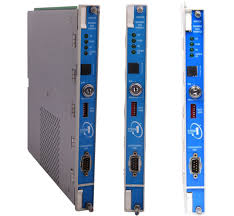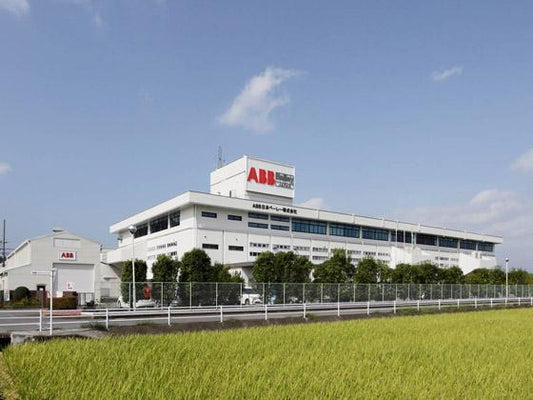Maximizing Machinery Uptime with the 3500/22M TDI Interface
Bringing Clarity to Machinery Diagnostics
In today’s demanding industrial environments, real-time insights into machinery performance are no longer optional—they’re essential. The Bently Nevada 3500/22M 288055-01 Transient Data Interface (TDI) plays a key role in this transformation. As an engineer, I’ve seen firsthand how the TDI bridges the gap between basic monitoring and deep diagnostics. It does much more than just collect data; it enables smarter, faster decision-making on the plant floor.
Real-Time Data for Real-Time Decisions
The TDI works in real time to gather both static and transient data. When I deploy this module in a 3500 rack, it instantly connects to M series monitors like the 3500/40M and 3500/42M. Through Ethernet communication, it streams waveform data directly to System 1 software. This setup gives my team immediate visibility into vibration, misalignment, or imbalance—issues that can bring production to a standstill if ignored.
Why Transient Data Matters
Transient data shows you what happens during startups, shutdowns, or unexpected disturbances. These moments are critical. Static data often misses these short-lived events. But with the optional Channel Enabling Disk, the TDI records high-resolution waveforms during such conditions. I rely on this feature to identify developing problems early and schedule repairs before damage escalates.
Non-Intrusive and Easy to Integrate
What makes the TDI even more valuable is its independence from the protection system. While it collects deep diagnostics, it never interferes with safety functions. I don’t have to worry about triggering false alarms or disrupting automatic trips. And since it replaces a RIM and includes its own communication processor, I avoid bulky add-ons or rewiring headaches. This design simplifies both initial setup and long-term maintenance.
Driving Predictive Maintenance Forward
Predictive maintenance works only when you trust the data—and the TDI delivers. My team uses its waveform outputs to spot trends that static data might miss. For example, a slow increase in bearing vibration usually points to lubrication issues. With the TDI, we catch that early, apply corrective action, and avoid unplanned shutdowns. This saves both time and money while extending the equipment life cycle.
Ensuring Compatibility and Efficiency
To get the most out of the TDI, I always check system compatibility. The module needs to sit in Slot 1 and must work with M series monitors. I also advise clients to invest in the Channel Enabling Disk. It unlocks the full potential of the TDI, especially when transient conditions occur frequently. Fortunately, Bently Nevada provides clear documentation that speeds up configuration and minimizes startup delays.
Conclusion: A Smarter Way to Monitor Machines
In my experience, the 3500/22M TDI has transformed how we approach machinery diagnostics. It doesn’t just gather numbers—it tells a story about machine health. Its ability to monitor, analyze, and report in real time empowers engineers to shift from reactive maintenance to predictive strategies. As industries demand more uptime and efficiency, tools like the TDI are not just helpful—they’re necessary.

